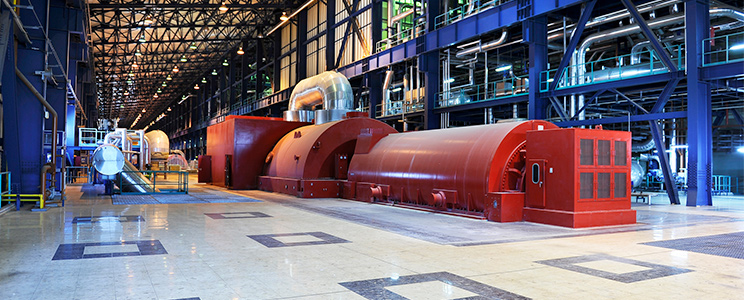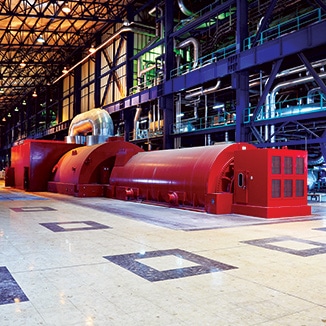
The global economy’s most critical sectors – aviation, defense, space, nuclear, medical device, robotics, and specialized industrial equipment – are built through complex discrete manufacturing. Such industries face unique challenges.
Typically the processes involved in complex discrete manufacturing are engineer-to-order, and bill of material levels that can go exceptionally deep. Work in process units incorporate engineering changes as a process progresses, and engineering has to be involved in everything from material review processes and dispositions to rework. As-designed equals as-built validation is required, as is traceability of changes, deviations, and approvals.
It’s a complicated business— and complicated further by the pressures of developing market conditions, including:
- Rising price pressures
The combination of growing global competition and rising costs for materials, labor, and energy have threatened many complex discrete manufacturers. Increasingly they must “do more with less,” trying to maintain profit margins while keeping prices down. - Shrinking windows to development
Customers are demanding more new products faster. This means a constant flow of engineering changes. Add to this the smaller timeframes for ROI on products developed, as the market increasingly looks to the next products coming behind them. - Balancing responsiveness and quality
Customer demands for speed and flexibility, along with the volatility of markets, mean that operational agility is now a de facto requirement for these manufacturers. How to achieve this without compromising quality – indeed while improving quality – is a question that needs to be asked and answered on an ongoing basis.
All of this accrues to the bottom line – and the constant need to optimize operations and manage costs.
The Legacy Barrier
Technology is at hand to help complex discrete manufacturers meet all these challenges and drive growth, but many have been held back from embracing it by established legacy systems and paper-based processes. This is seen most often among complex discrete manufacturers building large, complex products (e.g., aviation, aerospace, defense, energy, shipbuilding, and other complex industrial equipment).
Paper-based environments are both time and labor-intensive. Consider, for example, a technician on a shop floor that has to read work instructions, often has to access supplemental information, and then has to go hither and yon on the shop floor to get everything needed. Excel spreadsheets are often a workhorse in these settings, and particularly risk-prone: subject to both human error in consolidation and latency in delivering current information. In industries where speed of reaction to exceptions is critical, continuing such practices is not a viable long-term option.
The Solution at Hand – Modern MES
A modern Manufacturing Execution System (MES) provides complex discrete manufacturers the means to meet today’s challenges, and in doing so help them on the journey to digital transformation and extending the digital thread through the supply chain. Among what it can deliver to these companies, here are just a few:
- Paperless work instructions
- Real-time visibility
- Synchronization and control of production operations
- Quality management and corrective actions
- Engineering change control affecting manufacturing
- Data collection, buy off and certifications
- Execution of real-time, physical processes
- Work order completion management
- Integration, coordination, and execution of work orders with ERP and PLM systems
Today’s complex discrete manufacturing sector needs a complete solution that extends from prototyping to production to product lifecycle management, including MRO. Modern MES is an essential component of that solution, a central fiber in the end-to-end digital thread.





